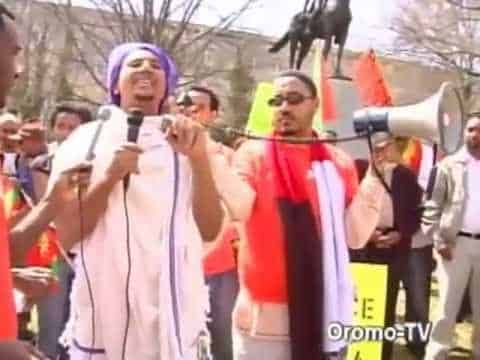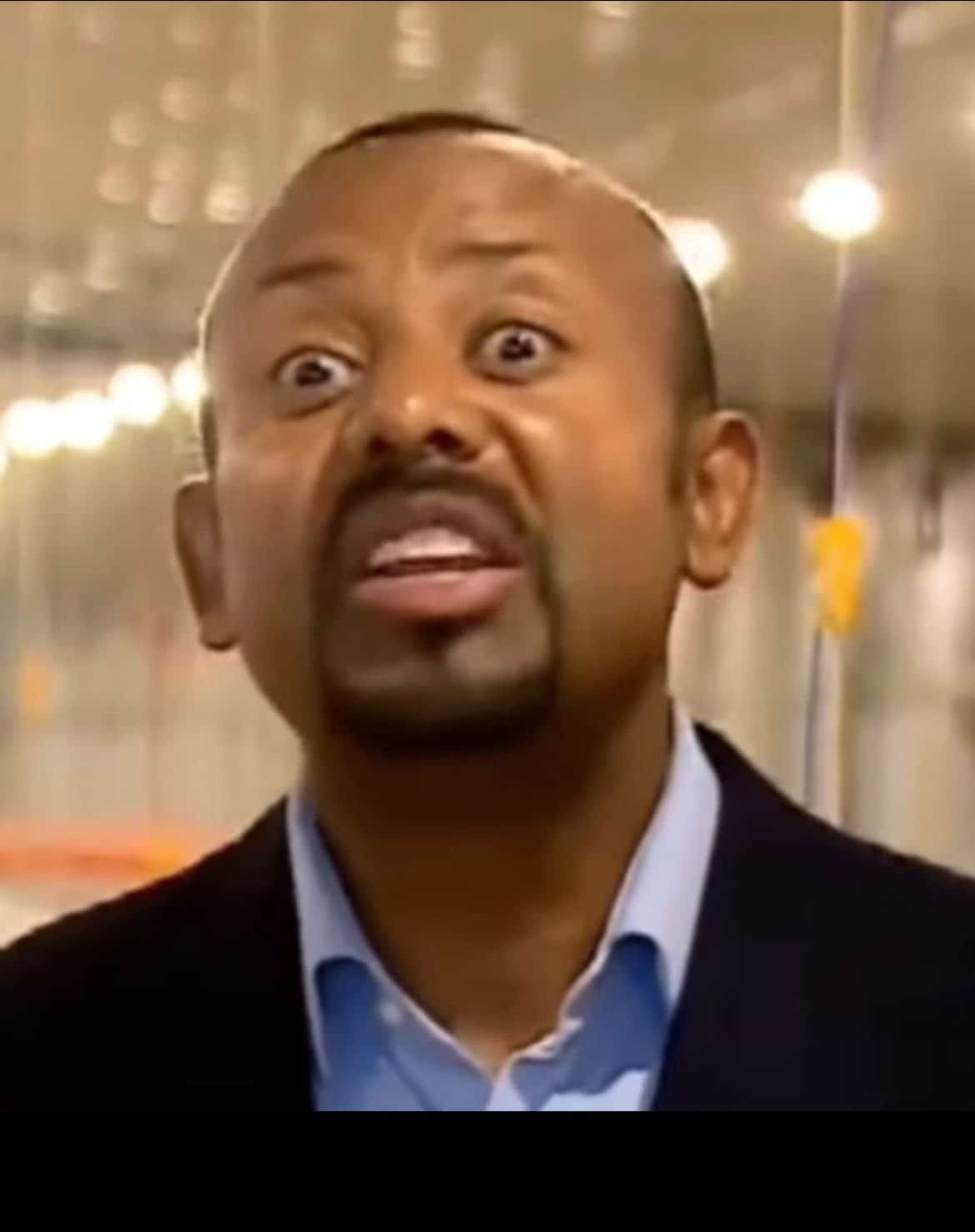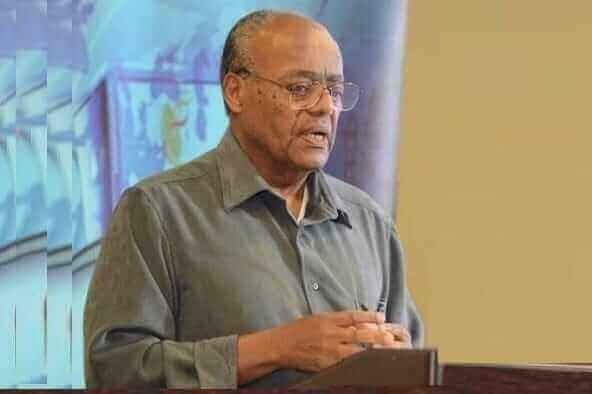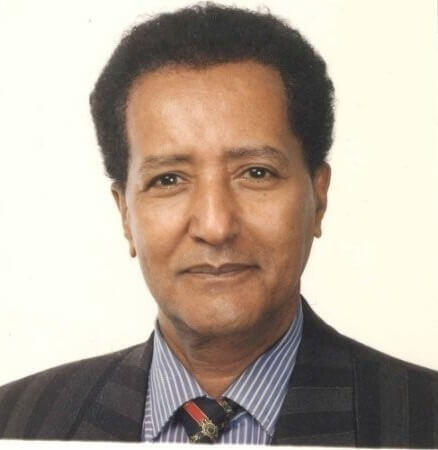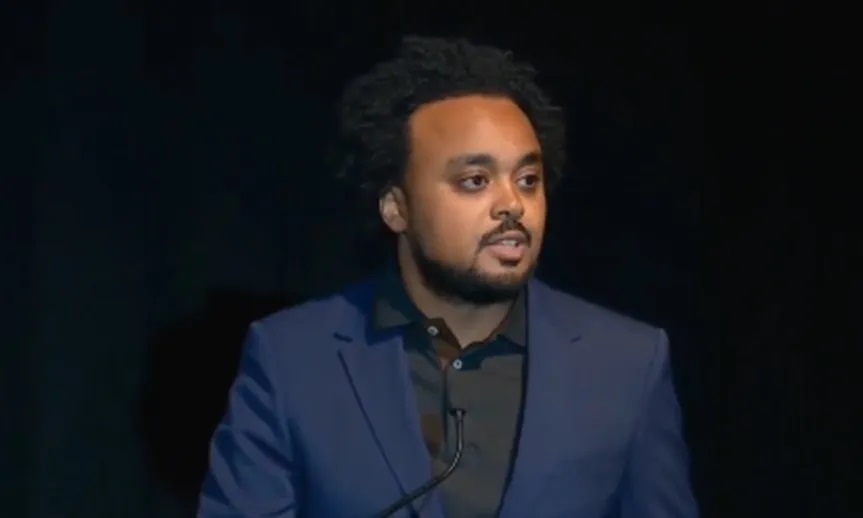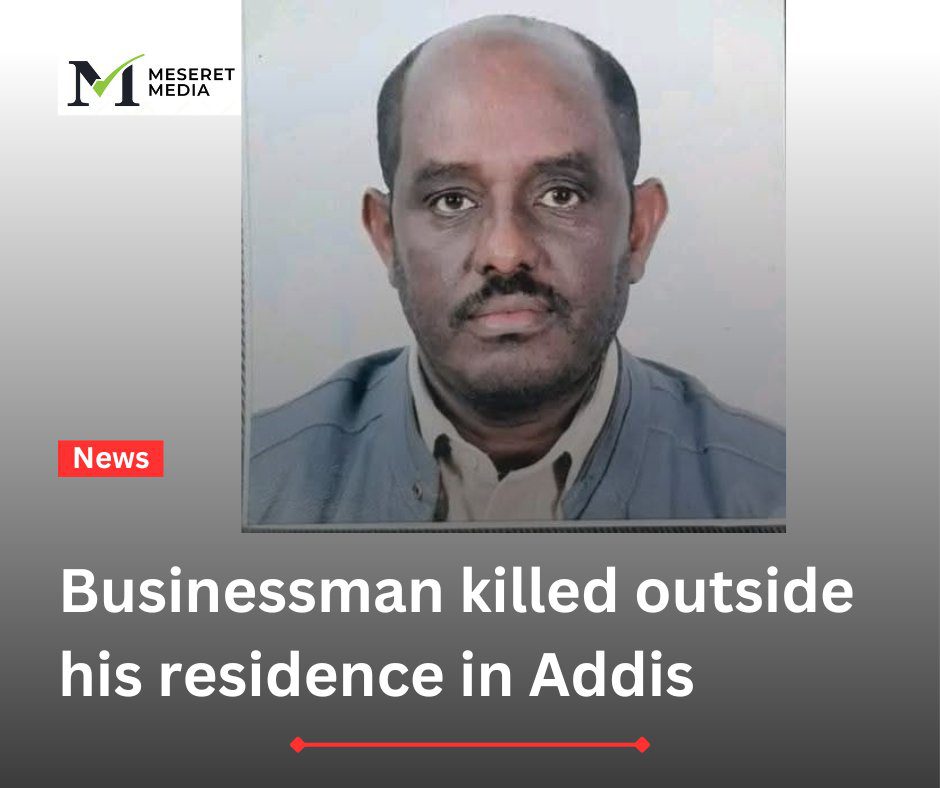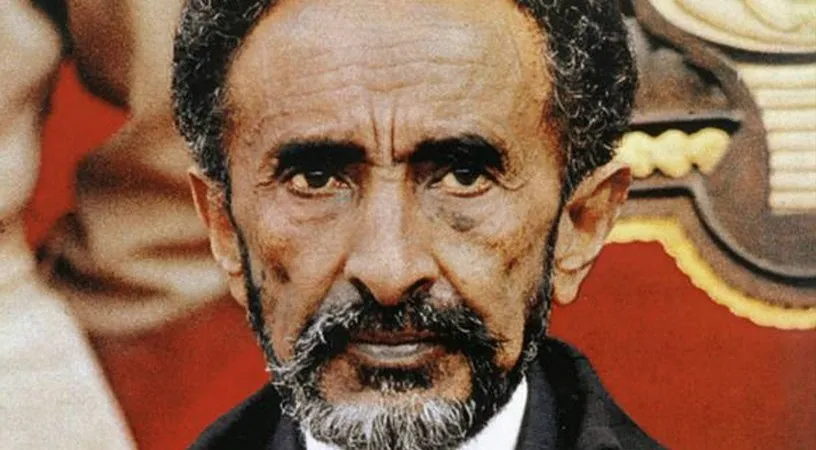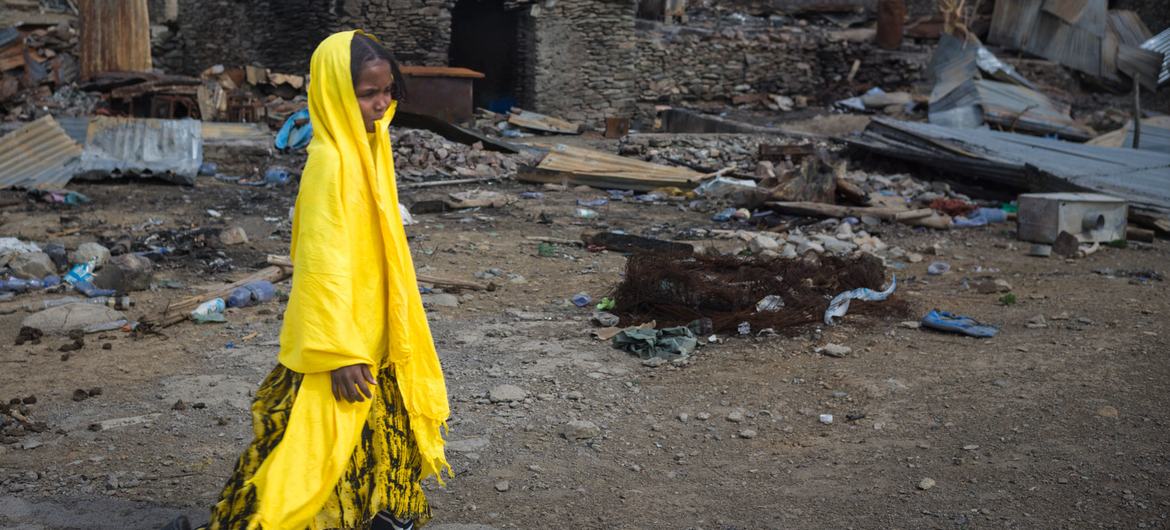by Sadik Ahmed
A couple of days after Ethiopia’ new Prime Minister Hailemariam Desalegn voiced his government’s stubborn stance towards the legitimate demands of the country’s Muslims, the faithful continued their nationwide protests against government interference in religious affairs.
The mosque-based protest was staged on Friday, October 19, at Anwar and Nur mosques, two major mosques in the capital Addis Ababa, as well as at mosques in a number of towns across the country. Today’s protests took place in predominantly Muslim cities such as Harar, Dessie, Bati and Kemise, among others.
Muslim communities have been staging similar weekly peaceful protests for the last eleven months. The last of such massive protests was staged in Addis Ababa and several cities across the country on October 5, 2012.
The October 5 nationwide protest was meant to send a strong message to the government that Muslim communities all over the nation are not taking part in the ruling-party-orchestrated election of Majlis leadership that was slated for October 7.
The October 7 election was significantly boycotted by the country’s Muslims, but that did not prevent the ruling EPRDF from orchestrating a politico-farce drama employing every means, which included coercion, intimidation, involvement of non-Muslims as well as unwary Muslims, especially in rural areas.
The election drama was accentuated by the EPRDF-controlled TV station, which gave a 25-minute-long coverage for a selection of well-orchestrated election-proceedings and interviews. With a carefully- framed close-ups and long shots, the TV report was “effective” in attaining its sole purpose – that of cheating the public. And, for a party that cherishes its own follies, that was sufficient to make the claim: “Ethiopian Muslims have elected their leaders in a free, fair and democratic election.”
Mockery at the Highest-level
What was screened on ETV was also sufficient for the newly appointed Prime Minister to “congratulate” Ethiopian Muslims for “electing their leaders democratically.”
In his first appearance at the Parliament after swearing in as Ethiopia’s Prime Minister, the successor of the late PM Meles Zenawi, Hailemariam appeared no less stubborn than his former boss did. “I would like to congratulate the Muslim population for being able to elect their leaders in a free and democratic election!”
For Ethiopian Muslims the Premier’s congratulatory remark is a mockery at the highest level. It is a mockery at democracy, the rule of law and, above all, the country’s constitution. If anything, Friday’s nationwide protest was a direct reaction to this mockery.
The popular Muslims’ movement was prompted by years of accumulated grievances over the failure of the Ethiopian Islamic Affairs Supreme Council, otherwise known as Majlis, to deliver meaningful services to the Muslim community.
In a clear violation of the country’s constitution, the Majlis has been under the full control of the ruling Ethiopian People’s Revolutionary Democratic Front (EPRDF) for the past 18 years. The Muslims’ accumulated grievances burst out in December last year after the government set out in a bold attempt to impose a Lebanese-born sect called al-Ahbash on the Muslim population.
The unconstitutional and adventurous project was jointly launched in July 2011 by the Ministry of Federal Affairs and the Majlis, whose leaders were followers of Ahbash, and appointed by the ruling party.
For Ethiopian Muslims, who continued their peaceful protests for the past eleven months, changing the Ahbash-dominated leadership of the Majlis through a truly democratic and free election is a matter not only of asserting constitutional rights, but also of defending their faith and unity. It is also about reclaiming and protecting their institution.
For EPRDF, analysts say, it is a matter of asserting its ideology of Revolutionary Democracy, which dictates full control of all mass-based institutions. This assertion puts the ruling-EPRDF in full collision with the constitution, which is regarded as the supreme law of the land. Over the years, this collision has manifested in several instances.
In this particular instance, EPRDF’s continued desire to control the Majlis is in clear contravention to Article 11, sub-Article 3 of the constitution, which stipulates non-interference of the state in religious matters, and that of religion in state affairs; as well as Article 27, sub-Article 2, which provides for the rights of believers “to establish institutions of religious education and administration in order to propagate and organize their religion.” Alas, that is how Ethiopian politics has been going since the constitution was endorsed 18 years ago, amidst jubilant “nations, nationalities and peoples.”
Nevertheless, EPRDF denies all accusations from every direction. In his last appearance at the Parliament, the late Prime Minister was asked by a fellow MP about the allegation of government interference in Muslim religious affairs. The late PM responded: “No, we did not interfere in religious affairs, and we cannot interfere in religion. … That is because the constitution does not allow us to do so.”
The new Prime Minister, in his first appearance to the parliament last Tuesday, repeated this statement verbatim. He not only repeated the statement, but also imitated the gestures of the late PM. That seems as per his promise “to continue the legacy of the great leader.”

